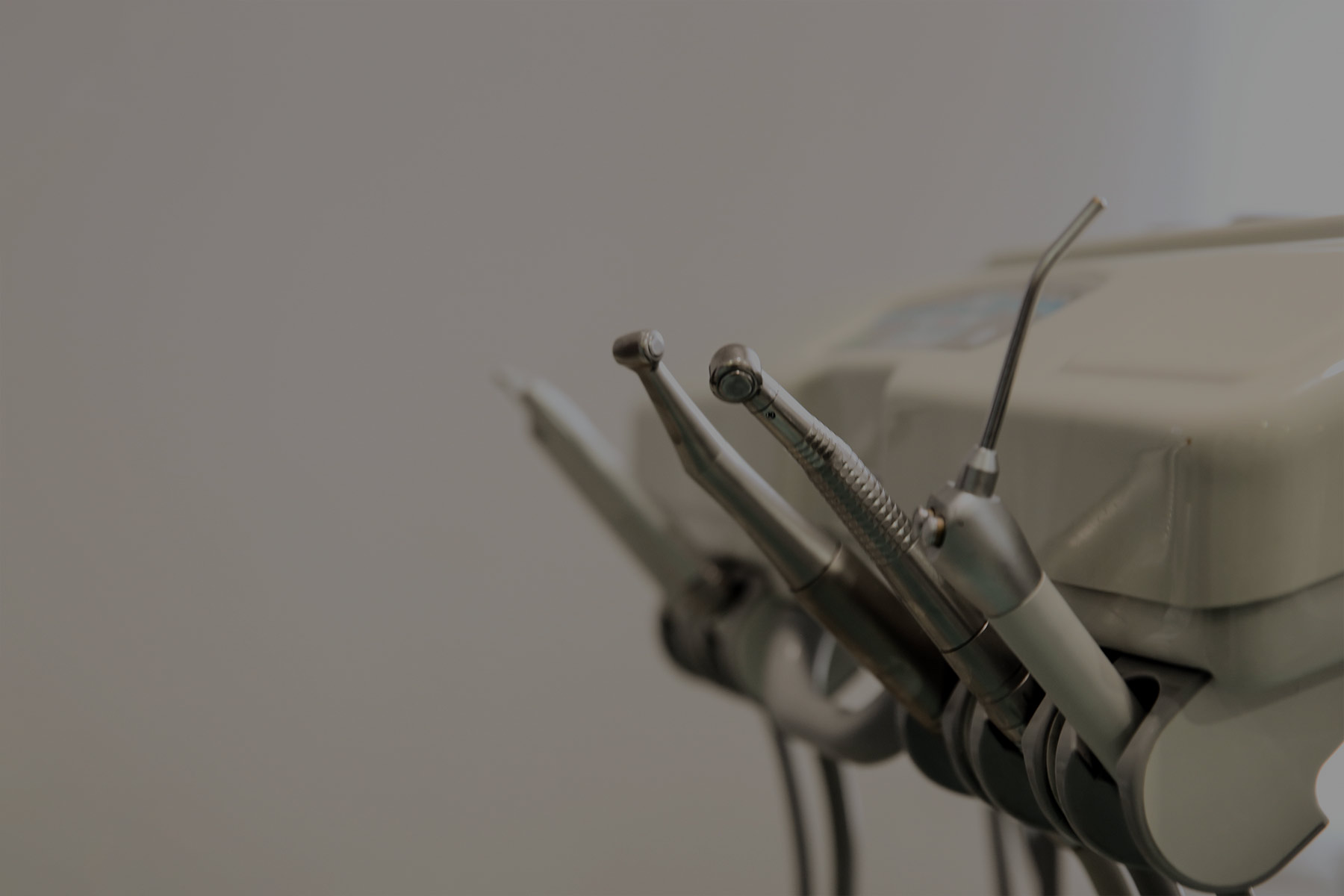Baby teeth, also known as primary, deciduous or milk teeth are often overlooked. I mean they’re going to fall out anyway right? SPOILER ALERT: Yes, but they play a significant role in your child’s development!
Baby teeth help your child eat, speak and smile. They also help guide the adult teeth into the correct position. Losing baby teeth early causes crowding and rotation of the adult teeth. You should plan on taking your child to the dentist no later than their first birthday. Cavities can start as soon the first tooth erupts, but we will spend the bulk of the first appointment reviewing how to clean your child’s teeth, diet evaluation and how to avoid or break thumb sucking habits. By introducing your child to the dentist at an early age, it will reduce the odds of decay, fear and anxiety while creating good hygiene habits they will carry into adulthood
Pro-Tips:
- Until the eruption of the first baby tooth, use a clean, damp gauze to wipe their gums.
- Avoid sharing utensils
- Children’s Toothpaste: Before age 3, only a rice grain smear of paste. After age 3 they can move up to a pea-size dollop of paste
- Always assist your child in brushing until they are at least 6 years old
- Prevent baby bottle tooth decay: don’t give your child milk or juice before putting them down for a nap or bedtime
- Limit the time your child has the bottle for 5 to 6 minutes or less
- Offer fruit rather than juice or fruit snacks



